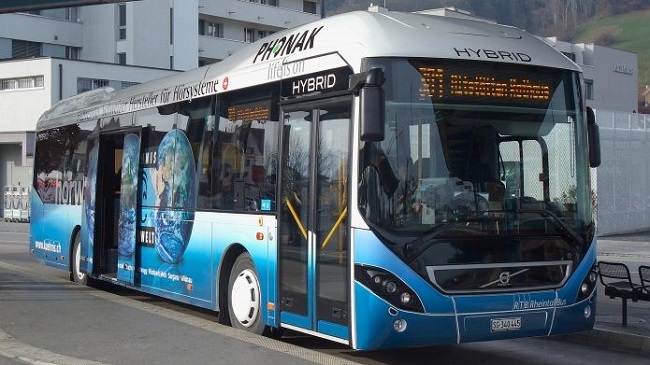Germany is providing an additional €180 million for the purchase of electric buses in public transport in cities that exceed the annual mean limit value for nitrogen dioxide. Other funds can also help transport companies from other cities. Thus, for the years to 2022 a total of around €300 million have been allocated.

Environment Environment Minister, Svenja Schulze, said: “More and more cities want to use electric buses in regular service mode to ensure clean air, less noise and more climate protection. The response to our support was therefore very large. I am pleased that we can now support more cities in their efforts by increasing our funding programme.”
The promotion aims to support the market introduction of emission-free vehicles for local public transport. Overall, the Federal Ministry for the Environment is currently spending nearly €300 million on this.
The current stock of electric buses can thus be expected to be at least five-fold. So far, 11 projects have been selected for funding in the cities of Aachen, Berlin, Bochum / Gelsenkirchen, Darmstadt, Duisburg, Hanover, Kiel, Leipzig, Offenbach am Main, Osnabrück and Wiesbaden.
Following the approval by the EU Commission of the increase, a new selection procedure for the allocation of additional funding is currently underway. Government said project outlines can be submitted online to the project agency VDI-VDE-IT until April 30, 2019 at https://www.vdivde-it.de/submission/bekanntemachungen/elektrobusse-bmub/pscall_view.
Funding will be provided for projects in which more than five buses are procured, as well as joint projects. Of the additional costs incurred by battery buses compared to diesel buses, up to 80 percent are taken over by the federal government.
Of the corresponding additional costs for the purchase of plug-in hybrid buses as well as the costs for the charging infrastructure and other expenses (eg training for employees, workshop facilities), 40 percent is borne by the federal government.
